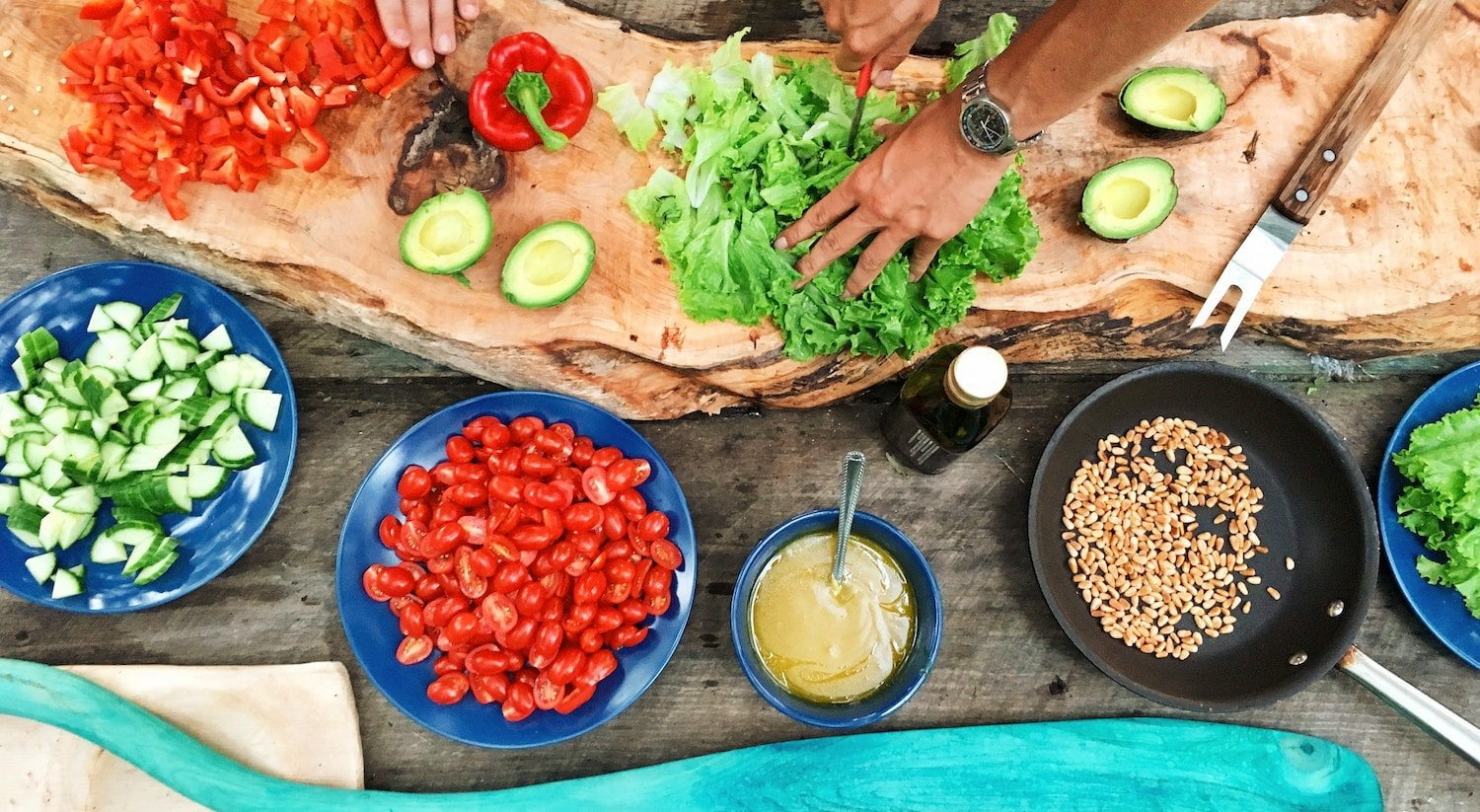
Ever stumbled upon food-related phrases like ‘Trozo del pastel’ or ‘Ser la pera’ and been left puzzled? The vibrant Spanish language abounds with countless sayings and idioms centered around food.
In this article, we’ll serve you a gastronomic treat of 10 essential Spanish food expressions that will elevate your conversational skills and help you engage with the language like a native speaker.
Why Mastering These Spanish Food Expressions is Key
Familiarity with these spanish expressions about food does more than just expand your vocabulary; it offers a rich insight into Hispanic culture. Food is a cornerstone of every culture, and its significance is mirrored in the language we speak.
Thus, if you’re a Spanish learner, these idioms will enhance your comprehension of daily dialogues, movies, literature, and even Spanish humor.
Additionally, these expressions are versatile tools for diverse scenarios, from dining at a restaurant to casual banter with friends.
By mastering these idioms, you’ll communicate more fluently, naturally, and have an improved understanding of native Spanish speakers.
Spanish expressions about food
Here are the expressions, each one with its meaning, an example and a brief explanation of when and how to use it:
1. “Trozo del pastel”
Meaning: Get a portion of something, especially when it is an opportunity or benefit.
Example of use: “La empresa de tecnología logró obtener un trozo del pastel en el mercado de los dispositivos móviles al lanzar su último modelo de smartphone”.
How and when to use it: It is used to emphasise the idea of getting a share of something desirable, such as a reward, financial benefit or recognition.
2. “Soltar la sopa”
Meaning: Reveal a secret.
Example of use: “No puedo creer que María haya soltado la sopa sobre nuestro viaje sorpresa.”
How and when to use it: This spanish expression about food is used when someone is about to reveal a secret or has already done so. It is a very common phrase in both formal and informal contexts.
3. “Ser la pera”
Meaning: Something or someone that is exceptional, extraordinary or impressive..
Example of use: “El amigo de Juan es la pera.”
How and when to use it: It is a colloquial expression used to highlight the quality or uniqueness of something or someone. It can also be used to express surprise or admiration.
4. “Estar como un flan”
Meaning: Someone who is nervous, restless or trembling.
Example of use: “Antes de su presentación, estaba como un flan, no paraba de temblar.”
How and when to use it: Can be used more generally to refer to someone who is in a situation of great nervousness or tension.
5. “Ser pan comido”
Meaning: This expression indicates that something is very easy to do or is simple to do.
Example of use: “El examen fue pan comido, estudié durante una hora y respondí todas las preguntas correctamente”
How and when to use it: This expression is perfect to express that the task or situation in question is simple, presents no difficulties and can be completed without much effort.

6. “Estar más fresco/a que una lechuga”
Meaning: Person who is not tired, who is energetic.
Example of use: “¡Ayer jugué 2 partidos y hoy estoy más fresco que una lechuga!.”
How and when to use it: This expression is used when someone has exerted themselves physically and still has energy.
7. “Ser uva pasa”
Meaning: Refers to an older person.
Example of use: “Mi abuela tiene mucha vitalidad a pesar de ser uva pasa.”
How and when to use it: This expression can be considered a bit derogatory or negative, so it is advisable to use it with caution and respect towards older people.
8. “Ir al grano”
Meaning: Explaining something in the most concise way possible.
Example of use: “Iré al grano, necesitamos mejorar nuestras ventas.”
How and when to use it: This expression is useful when you need to summarise a situation or explanation.
9. “Ser un chorizo”
Meaning: someone crafty or tricky.
Example of use: “No le prestes dinero a Juan, es un chorizo.”
How and when to use it: Use this expression to emphasise that someone is a thief or swindler, so it should be used with caution and respect for the people involved.
10. “La guinda del pastel”
Meaning: A perfect finishing touch or a special detail that further enhances a situation or event.
Example of use: “Al final de la fiesta pusieron la guinda al pastel. Nos dieron un regalo precioso.”
How and when to use it: It is used to highlight something that is particularly good or positive in a particular situation or experience.
These spanish expressions about food are a fun way to enrich your conversations – try them the next time you speak spanish!!
In short
Mastering these Spanish food expressions is your ticket to an immersive cultural and linguistic experience. Beyond expanding your vocabulary, they enrich your understanding of Hispanic culture, daily interactions, and even humor.
They’re your secret ingredients to a more authentic, fluent Spanish communication, bridging the gap between you and native speakers. So, savor these expressions, and take your Spanish language journey to a delicious new level.
By learning spanish expressions about food, you will not only enrich your vocabulary, but you will also immerse yourself more deeply in hispanic culture.
Now it’s your turn! Do you know any other expressions in spanish about food? Have you used any of these expressions? Share your experiences and suggestions in the comments!
And stay tuned for our next article!
Remember !!!
You can download our translation apps to learn languages and travel easily : available for free on googleplay and applestore.
Don’t hesitate to visit our Talkao website and contact us with any questions or problems you may have; and of course, take a look at any of our blog articles.










Newsletter